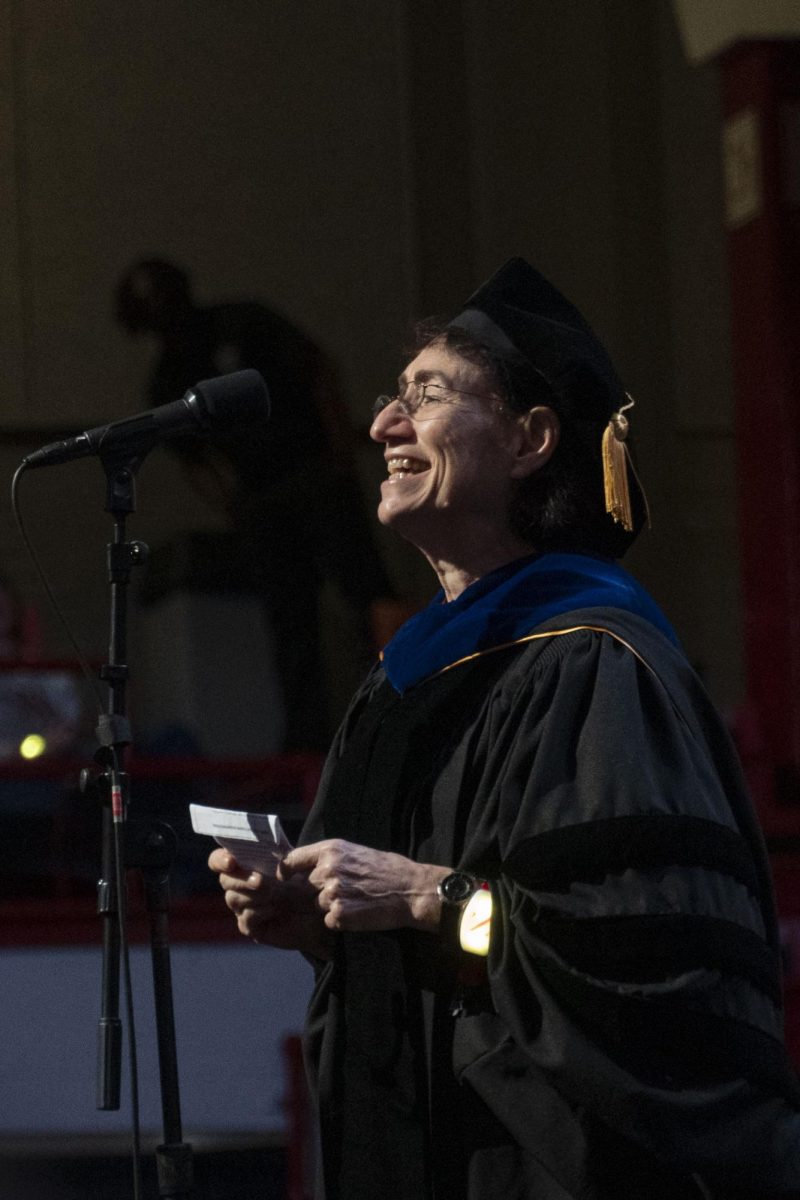What if 16 or 17-year-old Chan Marshall ‘- also know as Cat Power ‘- had her chance to meet her idol, Bob Dylan? In a park somewhere, waving her arms? Or a couple of years later, in a packed Parisian stadium?
She’d avow the sort of love that sprouts like kudzu, all over your heart, when you mix admiration with infatuation and fantasy. Maybe she’d list the miscalculations that kept them apart for so long. Maybe she’d get his autograph.
What Marshall craves in ‘Song to Bobby,’ a confessional track off her 2008 record, Jukebox, is a meeting. But it eludes her, of course. It snowballs through pipe dreams. It pushes her forward and makes her ache. It’s closer, it seems, then further away.
Good. Because, in this hypothetical world of the past, where Marshall isn’t a superstar yet, maybe she’d get her man, but probably, she’d just get deflated. Music is many things, including, sometimes, a hallucinogen. You may see your favorite songwriter as an accessible mosaic of perfect emotions and actions, based on their heartfelt musings, but songwriters are ordinary people too, with nicks and flaws and the capacity for transgressions.
On the surface, ‘Song to Bobby’ is just a sultry, breathy hosanna to Dylan:’ The Folk God and The Potential Lover, whom Marshall constructs from sonic vestiges and personal emotions. Deep down, that latter construction makes ‘Bobby’ a testament to something more universal than one famous woman’s melodic yearning for one (exponentially more) famous man:’ the hopeful, inscrutable, pretty deeply flawed sense that your rock-n-roll idol would make a good boyfriend. That if you met him, bam:’ magic, X-ray love vision. Because that’s how people behave ‘- in a parallel universe populated by impetuous, neurotic audiophiles.
That’s OK. First of all, I am occasionally an impetuous, neurotic audiophile. I have those moments. Despite d’aring;ecades of human experience that strongly suggest the contrary ‘- that relationships are complicated and strangers don’t awesomely read your mind ‘- you can sneak backstage at a Wilco show but Tweedy’s on the tour bus, doing the crossword alone. I’ve never wanted Chris Martin to take me to a movie, or anything. It’s more like:’ A song comes on. The lyrics roll out. They are perfect. Then, I come to an adult conclusion based in fact and reality:’ the person who wrote them is perfect. For me. Then the song ends.
Marshall lucked out, falling for a multiple Grammy-winning legend. I false-started in the direction of a college friend whose intoxicating song lyrics were nestled in the context of perfect folk-pop balladry and alt-country anthems about young love and growing up. Spell, cast. The volume of his songs rose above the volume of reality for a little while.’
Then one night, the illusion dissolved while I was listening to my favorite song of his, my heart inflating, singing harmonies over his dreamy voice, when my phone buzzed. It was the sensitive crooner who like, intuitively knew the nuances of my soul. Or something. He was wondering if I could send some pictures of my breasts.
To be fair, these things aren’t mutually exclusive:’ raunchy texts and true love. Maybe the real problem comes from the prolonged belief, held under the spell of lovey dovey lyrics, that anyone could, or should, be dozens-of-roses, reading-over-your-shoulder, catering-to-your-complex-emotional-needs all the time. Who really wants that freakishly perfect stuff, anyway? (Answer:’ a lot of people.) In a way, that late-night text was a necessary, albeit hyperbolic and vulgar, jolt into reality.’ ‘
So, that’s the beauty and the curse of loving the untouchable:’ it won’t touch you either. Or text. For better, for worse, or for naked pictures, sending your daydreams out of orbit.
‘
‘Forks and Spoons’ presents a single student’s perspective of relationship topics during college. ‘Forks and Spoons’ is written anonymously by a staff member. It is run anonymously as to ensure the writer’s level of comfort in issuing free thought. The content of these pieces does not reflect the News’ thoughts or opinions.








